Electrolytes play an important role in maintaining many body functions, including water balance, waste removal, and blood pressure regulation.
The main electrolytes in the body include calcium, chloride, magnesium, phosphate, potassium, and sodium.
There are many causes that can lead to electrolyte imbalance. The body absorbs electrolytes through food and daily drinking water.
Poor diet, drinking too much or too little water, vomiting, diarrhea, or excessive sweating also significantly reduce electrolyte levels.
Certain medical conditions such as congestive heart failure, thyroid disorders, lung disease, kidney disease, cancer, cirrhosis, or sepsis can also affect the body's electrolyte balance.
Ms. Carrie Madormo, a nutritionist working in the US, shared the body's reactions when electrolytes are imbalanced.

Electrolytes play an important role in overall health.
Headache
Too low a level of sodium in the body, known as hyponatremia, can cause water to move into cells, causing swelling. When brain cells swell, a person may experience persistent headaches, along with symptoms such as confusion, irritability, fatigue, and even seizures.
Cognitive disorders
Magnesium, phosphate, and sodium are important for the nervous system, helping nerves transmit signals and maintaining brain function.
When electrolyte levels drop, the person may experience confusion, restlessness, or disorientation.
Tired
Hyponatremia and deficiencies of magnesium, phosphate, and potassium are common causes of weakness and fatigue.
Thirsty
Sodium and chloride are two important factors in controlling water levels and regulating pH in the body. When levels of these two substances are too low, the body tends to trigger the thirst response to correct the deficiency.
Dry skin
Dehydration often causes an electrolyte imbalance. When the body is dehydrated, it doesn't have enough water to function properly, leading to symptoms like dry skin that is prone to itching and irritation.
Irregular heartbeat
The body needs enough calcium, magnesium, and potassium to support the heart's function. When these nutrients are lacking, the heart can beat too fast, too slow, or irregularly.
Cramps
People who are low in magnesium, calcium, or potassium may notice their muscles frequently become stiff, sore, or contract abnormally.
Constipation
When electrolyte levels are low, especially magnesium, potassium, and calcium, people may experience chronic constipation because the smooth muscles in the digestive system cannot contract normally, slowing down the digestive process.
Convulsion
Severe cases of hypocalcemia or hyponatremia can lead to seizures, a more dangerous condition in infants and young children.
Comatose
When sodium levels drop too low, brain cells cannot function properly, leading to cognitive impairment and risk of coma.
Without timely intervention, the patient may fall into a state of prolonged unconsciousness, accompanied by other complications such as seizures and cardiac arrest.
When suspecting an electrolyte imbalance, patients should go to a medical facility for testing.
Source: https://thanhnien.vn/dieu-gi-xay-ra-voi-co-the-khi-chat-dien-giai-thap-185250219210925883.htm






![[UPDATE] April 30th parade rehearsal on Le Duan street in front of Independence Palace](https://vstatic.vietnam.vn/vietnam/resource/IMAGE/2025/4/18/8f2604c6bc5648d4b918bd6867d08396)
![[Photo] Prime Minister Pham Minh Chinh receives Mr. Jefferey Perlman, CEO of Warburg Pincus Group (USA)](https://vstatic.vietnam.vn/vietnam/resource/IMAGE/2025/4/18/c37781eeb50342f09d8fe6841db2426c)

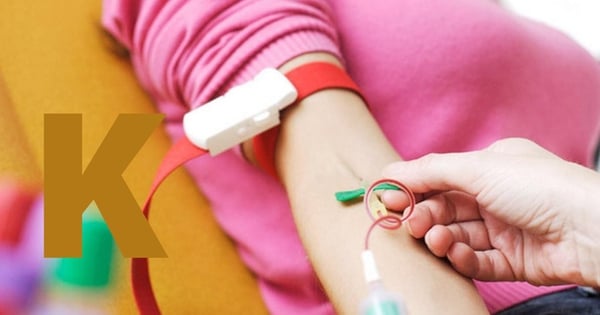




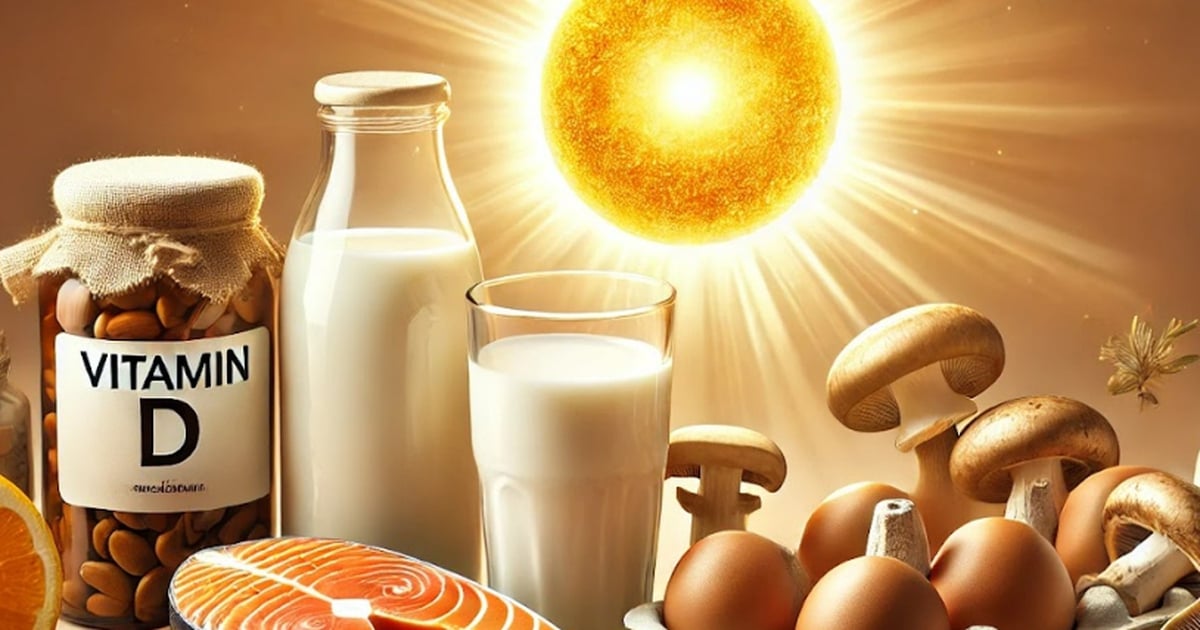

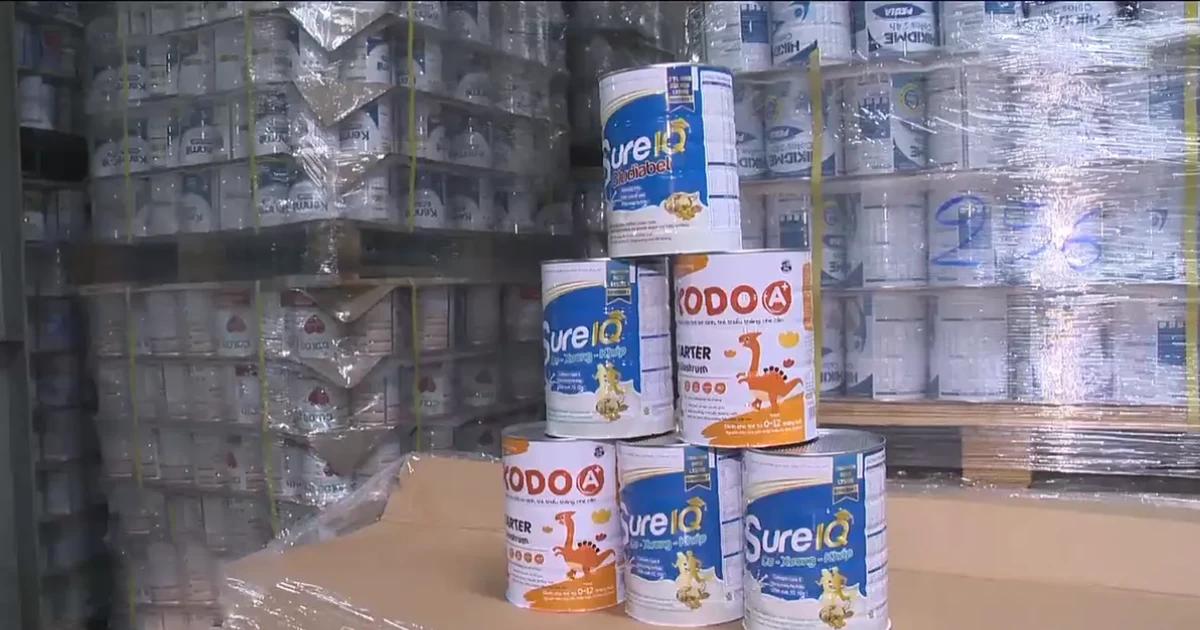


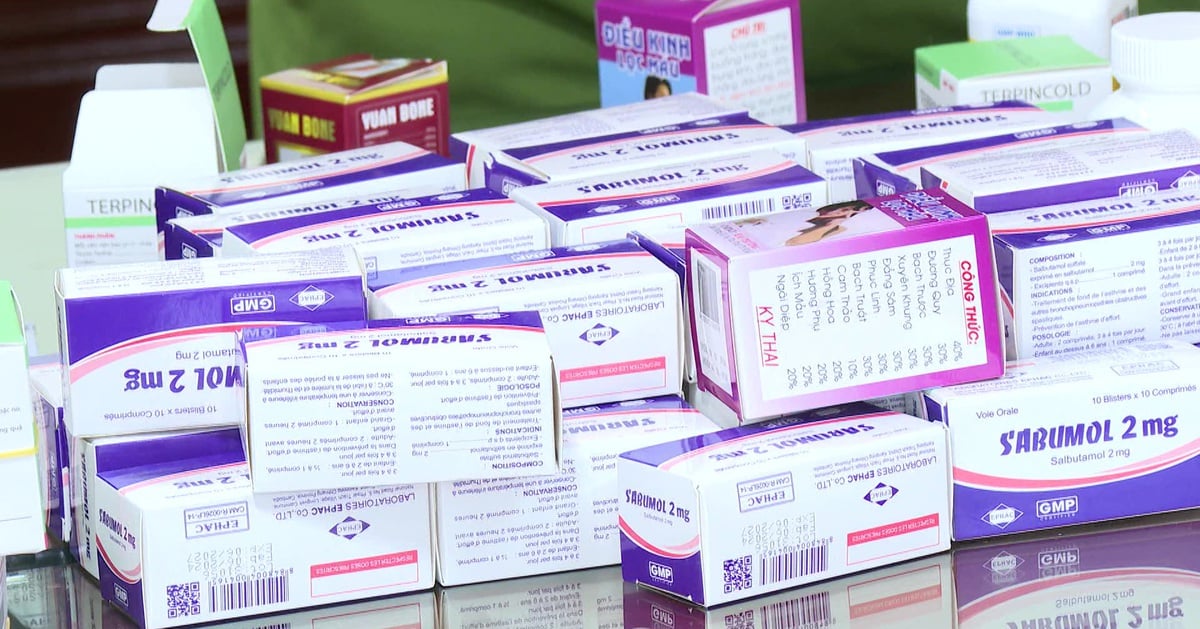










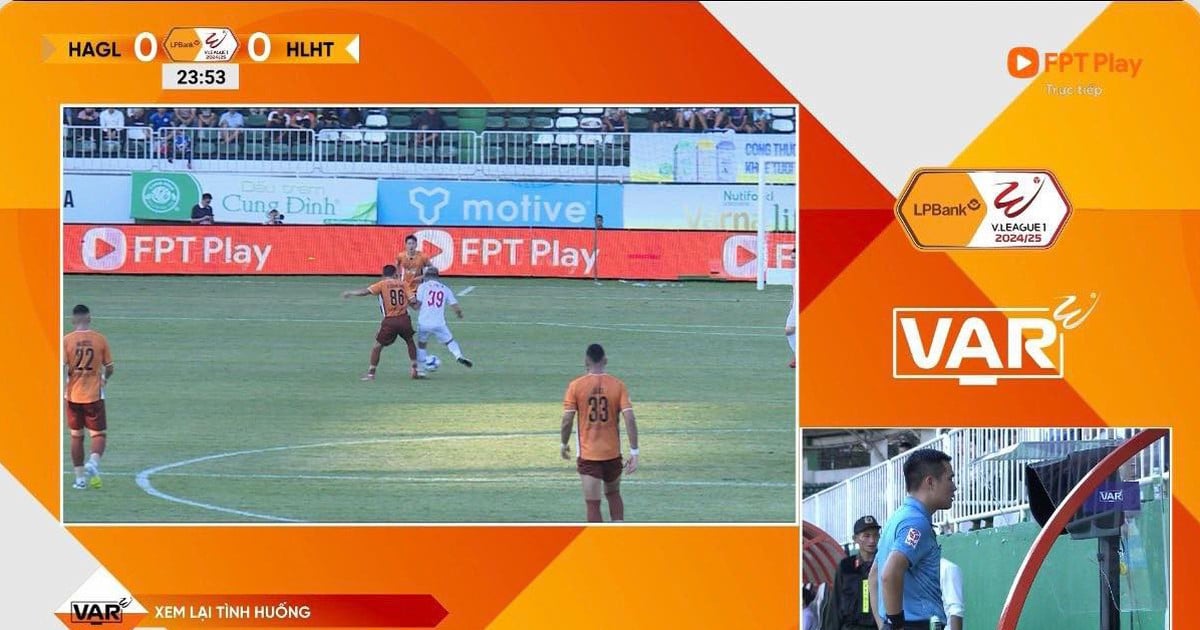
































































Comment (0)